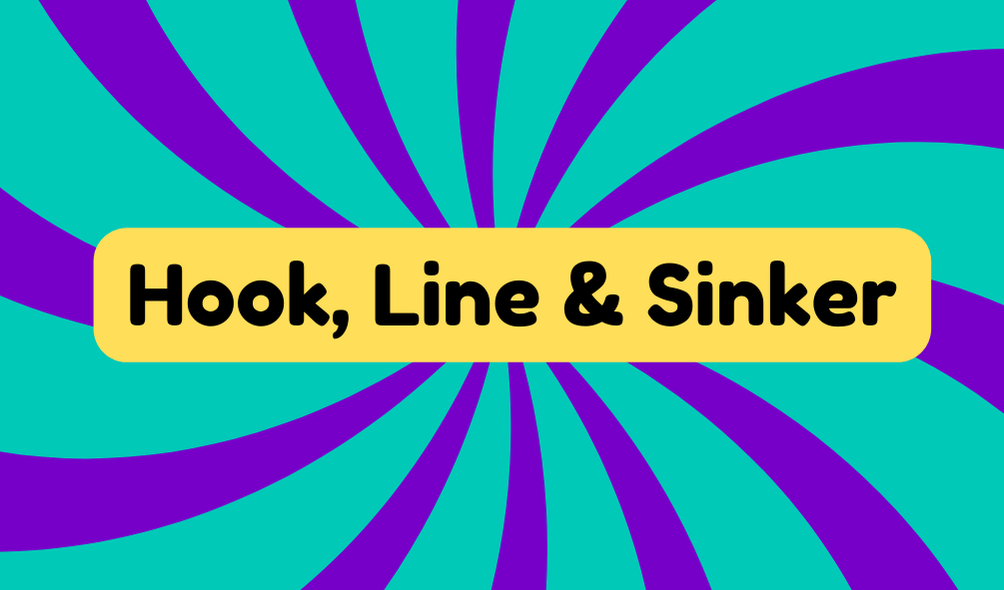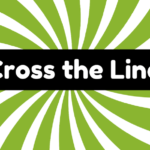The phrase "hook, line, and sinker" captures how easily you can fall for deception. It originates from fishing, where the hook catches fish, the line reels them in, and the sinker keeps the bait submerged. In life, this describes how people can be lured by exaggerated stories, slick ads, or false promises from politicians. Once you're caught, it's hard to escape the lies. Recognizing these tactics is essential, especially now with widespread misinformation in media and politics. Staying aware can help you avoid being misled. If you're curious about practical examples, there's more to explore.
Synonyms
When it comes to expressing the concept of being completely deceived, several synonyms perfectly capture that essence. You might find yourself grappling with the reality of utter belief in something that isn't true. This phenomenon can be summed up with a few key terms:
- Deception: The act of misleading or tricking someone.
- Illusion: A false idea or belief that seems real.
- Delusion: A persistent false belief maintained despite evidence.
- Fallacy: A mistaken belief based on unsound reasoning.
Each word hints at the emotional depth of complete deception, reminding you of the disconnect between perception and reality. Understanding these terms can serve as a reality check, equipping you with a healthier skepticism toward claims that sound too good to be true.
Example of Sentences
Countless individuals have experienced moments where they fell for something hook, line, and sinker. These instances often stem from powerful deceptive tactics that lead us to accept false information without question. The emotional impact can be overwhelming, and it's essential to recognize how easily you can be misled. Here are a few scenarios:
- A friend's exaggerated story captivates you.
- A slick advertisement makes a product irresistible.
- An online scam impersonates a trusted source.
- Politicians' promises seduce you into belief.
Each one exemplifies how trust can be manipulated. By understanding these examples, you can better navigate situations that may ensnare you and learn to spot deception before it pulls you in completely. Stay vigilant and question everything!
Origin
Understanding how phrases like "hook, line, and sinker" came to be enriches your appreciation for the idiom and its impact. This expression originates from 19th-century fishing terminology, where each component plays a crucial role in catching fish. The hook captures the unsuspecting creature, the line reels it in, and the sinker keeps the bait submerged, tempting the fish. Just like in fishing, deception techniques lure individuals into believing falsehoods. The seamless combination of these elements reflects how easily one can fall for deceit in various contexts. When you recognize this origin, it forces you to confront how effortlessly you could be misled. Don't let skepticism drown; instead, stay informed and critical in a world filled with alluring traps.
Collocations
Deception often thrives in the company of specific collocations that amplify the impact of idiomatic expressions like "hook, line, and sinker." You might encounter phrases like "fall for" or "take the bait," which seamlessly align with this idiom, enhancing the vivid imagery of being ensnared by falsehoods. Here are some compelling examples:
- Fall for deceptive tactics, losing sight of reality.
- Take the bait and find yourself caught in emotional manipulation.
- Hooked into a lie, struggling to break free.
- Caught in the act of believing, even when doubts linger.
Recognizing these collocations sharpens your awareness of how easily you can be misled, fostering a critical mindset necessary to navigate a world full of persuasive deceptions.
How to Use in Everyday Language
When engaging in conversation or sharing stories, incorporating the phrase "hook, line, and sinker" can vividly illustrate moments of being deceived. You might say, "I trusted his misleading tactics and fell for it hook, line, and sinker." This phrase effectively conveys just how completely you were fooled, making it relatable and impactful. By doing so, you're raising deception awareness in everyday discussions. It is crucial to use this phrase thoughtfully, as it underscores the importance of questioning the narratives that we encounter. Whether discussing friendships or advertising, this idiom packs emotional weight, reminding you and others to steer clear of manipulation. So, don't hesitate—use it to highlight your experiences and caution others about potential deceit.
Why Is It Still Relevant Today?
The phrase "hook, line, and sinker" remains relevant today because of its profound resonance in a world filled with misinformation and manipulation. You see this idiom everywhere, from politics to social media, highlighting its modern applications. As deceptive tactics evolve, so does our vulnerability to complete falsehoods. This cultural significance serves as a warning: you can't always trust what you hear. When a enthralling headline hooks you in, it's easy to get reeled in by persuasive narratives. Recognizing this helps you navigate a landscape saturated with untruths. So, reflecting on this phrase encourages critical thinking, allowing you to resist misleading information. Stay aware, and don't fall for it hook, line, and sinker!







